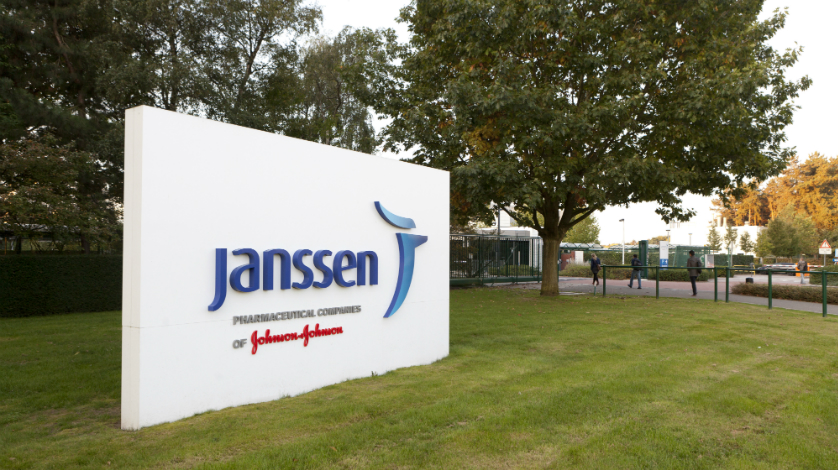J&J unveils top pipeline prospects, with main focus on cancer

Johnson & Johnson has shone the spotlight on the most promising drugs in its pipeline, saying it plans to file 10 major drugs between now and 2023.
The plans were among a day-long business review, which detailed the latest prospects being developed by Johnson & Johnson’s pharma unit, Janssen.
Included on the list are the company’s two big approvals this year – Spravato (esketamine) nasal spray for treatment-resistant depression, and Balversa (erdafitinib).
Among the six cancer drugs on the list is the PARP drug niraparib, originally developed by Tesaro, but acquired by GlaxoSmithKline and already approved in breast cancer.
The two big pharmas are now developing the drug jointly in prostate cancer as a result of a collaboration agreement between Tesaro and J&J signed in April 2016 before the GSK buyout early this year.
J&J also has its own CAR-T therapy – JNJ-4528 targets BCMA, which has sprung from a partnership with China’s Legend Biotech signed in December 2017.
The European Medicines Agency last month designated the drug as a “priority medicine” (PRIME), meaning the regulator will fast track it through clinical development and grant a fast review if clinical data looks strong enough.
Also in cancer there is lazertinib, an EGFR tyrosine-kinase inhibitor in development for non-small cell lung cancer.
There are also new regimens for multiple myeloma, JNJ-7564 and JNJ-7957, with the latter being a bispecific antibody that binds to CD3 and BCMA.
There is also JNJ-6372, another bispecific antibody that binds to EGFR and cMET, that is under development for solid tumours.
Another cancer hopeful is JNJ-4550, or cusatuzumab, an antibody targeting CD70 in development for acute myeloid leukaemia.
While there is a strong focus on cancer, Janssen is still active in neurology. It is following up the approval of Spravato in depression with JNJ-7922, also known as seltorexant, an Orexin-2 receptor antagonist for major depressive disorder.
J&J has long been a player in gastroenterology thanks to its inflammatory diseases drug Remicade (infliximab).
While Remicade is now off-patent in many markets and losing ground to cheap biosimilars, it is hoping to regain ground in gastroenterology with JNJ-4500 for Crohn’s disease.
Big pharma is becoming interested in gene therapies for ophthalmology, and J&J is no exception with AAV-CNGB3/CNGA3/RPGR, for retinal diseases.
Finally, a new respiratory syncytial virus vaccine rounds off the list outlined by R&D chief Mathai Mammen.













